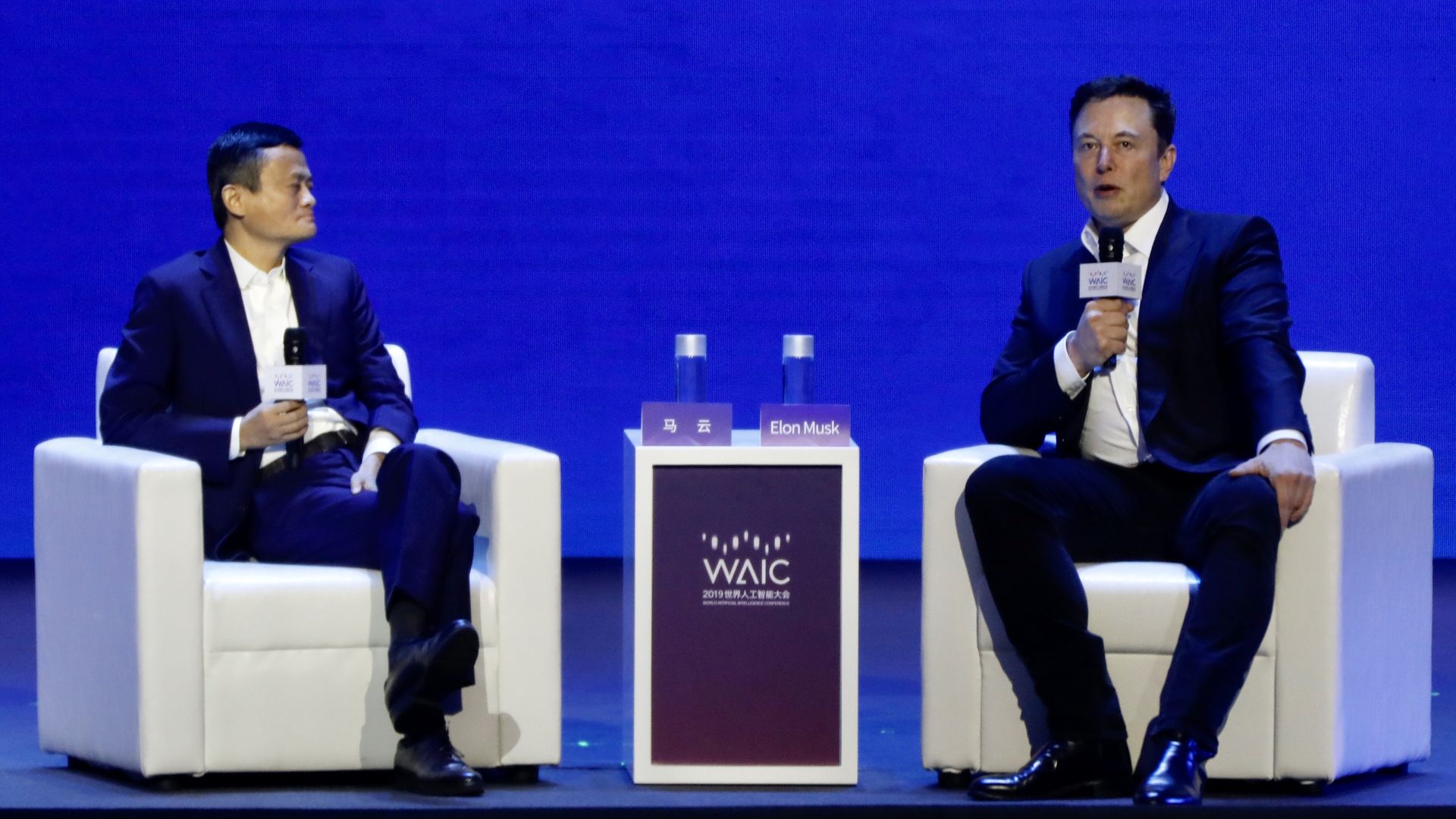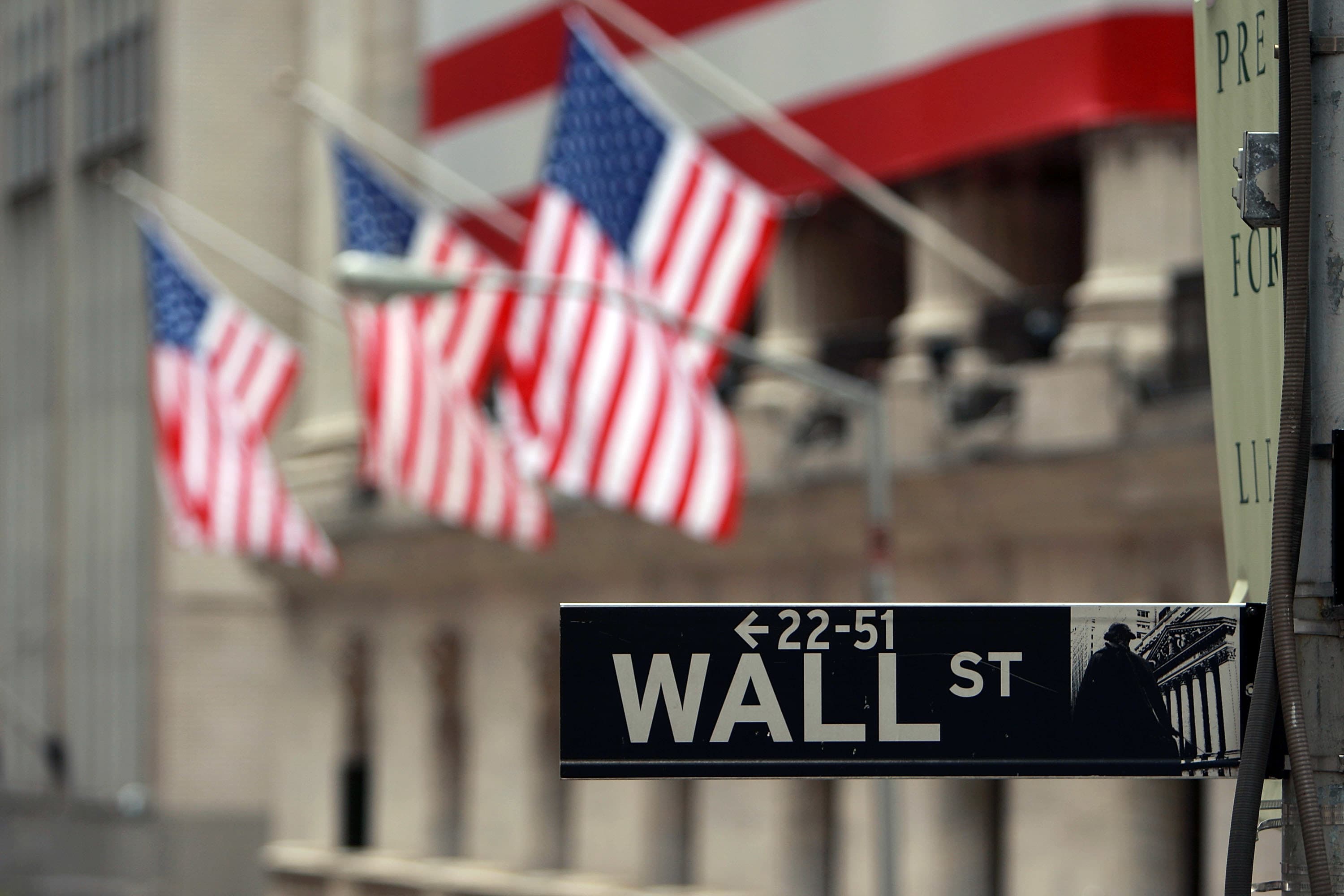
Best Buy shares fell 6.5% after its second-quarter revenue and same-store sales growth missed analysts' expectations and upcoming tariffs on the company's core products weigh on the stock.
Investors were pessimistic Thursday morning, focusing on both the sales miss and a narrower estimate for same-store sales, driven by disappointing sales in Canada. However, the company did report earnings that beat expectations by 9 cents and raised its earnings forecast for the fiscal year.
Here's how the company did, compared with what Wall Street was expecting, according to Refinitiv consensus estimates:
- Adjusted earnings per share: $1.08, vs. 99 cents estimated
- Revenue: $9.54 billion, vs. $9.56 billion estimated
- Same-store sales: up 1.6%, vs. 2.1% increase estimated
"For the second quarter, we are reporting comparable sales growth of 1.6% on top of a very strong 6.2% last year," said Barry. "We also delivered improved profitability driven by gross profit rate expansion and continued disciplined expense management, demonstrating the culture we have built around driving cost reductions and efficiencies to help fund investments."
Sales at Best Buy stores open for at least 12 months grew 1.6%, lower than analyst expectations of a 2.1% increase.
In the quarter ended Aug. 3, Best Buy reported net income of $238 million, or 89 cents a share, compared with $244 million, or 86 cents a share, a year earlier. Excluding restructuring costs and other one-time items, Best Buy earned $1.08 a share, topping analysts' estimates from Refinitiv.
Revenue rose to $9.54 billion from $9.38 billion a year ago, but was slightly below estimates of $9.56 billion.
Best Buy raised its earnings forecast for the fiscal year to a range of $5.60 to $5.75 per share from a previous estimate of between $5.45 to $5.60 per share. Both numbers are after excluding one-time items.
However, sales at stores open at least a year are expected to rise 0.7% to 1.7% this year. Previously, it estimated 0.5% to 2.5% same-store sales growth. Analysts were anticipating a 2% increase.
Domestic same-store sales grew 1.9% and revenue increased 2.1% to $8.82 billion. The company saw a domestic online revenue rise 17.3% to $1.42 billion because of higher average order values and increased traffic. Its domestic online revenue represented 16.1% of sales compared with 14% last year.
Internationally, same-store sales fell 1.9%, while revenue dropped 3.4% to $715 million. The company said the decline was driven primarily by sales in Canada.
Best Buy said repurchased $230 million in stock during the quarter. Prior to Thursday's selloff, Best Buy shares were up 30% since the start of the year, bringing its market cap to about $18.4 billion.
"I think that the challenges with Best Buy are many of the same challenges that are overall facing the retail industry. There are certainly the issues related to tariffs, but you can't overlook all of the other challenges the company has as well," said Sucharita Kodali, an analyst at Forrester on CNBC's "Squawk Box " Thursday.
She said one of the pressures the company is facing is commodification of their core products, including electronics.
"When you see the strength in numbers from retailers like Walmart and Target, their consumer electronic sections are bolstering that and that is absolutely going to naturally adversely affect Best Buy. You have the continued growth of Amazon, where electronics are a significant part of what consumers buy on that site. "
The company also said its same-store sales growth was fueled by strength in appliances and headphones, while gaming and home theater sales declined.
"What Best Buy has leaned into and what their strength was in this quarter was in categories like appliances, which are not well-suited to the e-commerce landscape, you have services, you have accessories which are high-margin things like headphones so those are definitely things that have helped and supported Best Buy," said Kodali.
"But the question is how much more can they lean into things like services and installations, and is there more headroom there? I would argue that those are sectors that can be somewhat challenged," she said.
https://www.cnbc.com/2019/08/29/best-buy-reports-fiscal-q2-2019-earnings.html
2019-08-29 12:20:32Z
CAIiEMkUE23w14HUgKEf28QTG0gqGQgEKhAIACoHCAow2Nb3CjDivdcCMJ_5ngY




